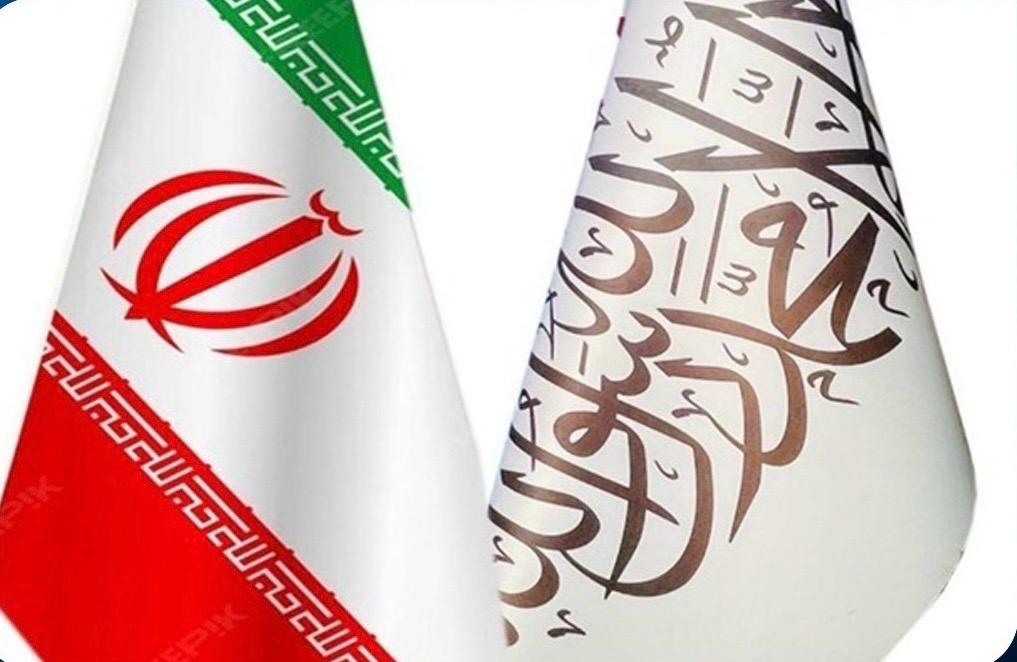Afghanistan Accused as Pakistan Struggles with Internal Security Failure
Security and political relations between Afghanistan and Pakistan have long been characterized by tension, mistrust, and complex geopolitical dynamics. One recurring issue that has exacerbated these tensions in recent years is the pattern of attacks carried out by militants inside Pakistan, followed by the attribution of responsibility to Afghanistan. This approach, rather than reflecting the ground realities, often serves as a mechanism to conceal internal weaknesses in Pakistan’s security infrastructure.
Field observations and security analyses indicate that militant groups, including the Tehreek-e-Taliban Pakistan (TTP) and Baloch separatists, are able to enter Pakistan from Afghan territory and advance hundreds of kilometers into the country. Such incidents underscore the inability of Pakistan’s security agencies to fully control their borders and effectively intercept militant movements. In this context, blaming Afghanistan for internal security lapses is neither practical nor credible; instead, it functions as a convenient political narrative to deflect attention from internal shortcomings.
Historically, Pakistan has repeatedly accused Afghanistan of harboring militants and facilitating attacks within its territory. During the past decade, several high-profile attacks in Pakistan, including strikes against security forces and civilians, have been attributed to groups allegedly operating from Afghan soil. Pakistani authorities have claimed, for instance, that cross-border insurgent activities, including suicide bombings and armed raids, were organized with the support or tolerance of Afghan-based actors. Yet, on-the-ground evidence suggests that many of these groups exploit porous borders, local tribal dynamics, and weak counterterrorism coordination to operate with relative freedom inside Pakistan.
The strategy of blaming Afghanistan has significant consequences for regional security and bilateral relations. Firstly, it presents a distorted and unrealistic picture of security dynamics, ignoring internal weaknesses while projecting an external threat narrative. Secondly, this approach undermines opportunities for genuine cooperation. When both countries focus on mutual accusations rather than intelligence sharing and coordinated security measures, the resolution of real threats is delayed, border stability is compromised, and militants are granted operational space to continue their activities.
Furthermore, maintaining this cycle of accusations benefits neither country. Escalating tensions and repeated public allegations create a climate in which militant groups can exploit security gaps. This situation heightens insecurity, disrupts daily life, and damages economic and social stability in the border regions. Politically, it produces short-term media attention but fails to deliver concrete results in reducing violence or addressing the root causes of insurgency.
Examining potential solutions highlights that the sustainable path forward is grounded in practical cooperation and mutual respect. Both countries must acknowledge the realities on the ground and plan collaboratively to manage borders, exchange timely security information, and coordinate responses to threats. Practical steps could include establishing joint monitoring mechanisms, integrating border security operations, sharing actionable intelligence, and holding regular consultations to evaluate potential risks. Such measures would reduce the likelihood of cross-border attacks and gradually restore trust between security institutions.
From a security analyst’s perspective, the core issue remains Pakistan’s internal institutional weaknesses. Insufficient operational capacity to control militant movements, inadequate coordination among security agencies, and flawed border management policies have collectively allowed armed groups to operate with minimal resistance. Under these circumstances, holding Afghanistan responsible for attacks is neither realistic nor effective. Conversely, Afghanistan, as a neighboring state affected by regional instability, is positioned to act as a constructive partner in preventing militancy and enhancing security cooperation.
Past experiences demonstrate that regional collaboration yields tangible benefits. Cooperative measures, such as intelligence sharing, joint border management, and coordinated counterinsurgency efforts, not only prevent militants from exploiting gaps but also strengthen mutual trust. For instance, cross-border security dialogues and technical collaboration can provide early warnings, enabling both countries to respond proactively rather than reactively to emerging threats.
Ultimately, the continuation of accusations and victim-blaming achieves little beyond generating political and psychological pressure. The logical and effective approach is to recognize real weaknesses, engage constructively, and develop joint plans for security management. Stabilizing borders, countering militant threats, and improving diplomatic relations require coordinated action rather than rhetoric.
In conclusion, repeated allegations by Pakistan against Afghanistan over the years reflect a pattern of deflecting attention from internal security failings. Afghanistan, as a responsible neighbor, remains ready for meaningful cooperation and can play a central role in curbing regional threats. Sustainable security and stability in the region can only be achieved through practical planning, collaborative action, and realistic threat management, which ultimately benefit both countries and contribute to long-term peace and development in the region.







